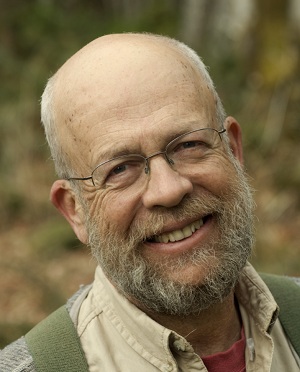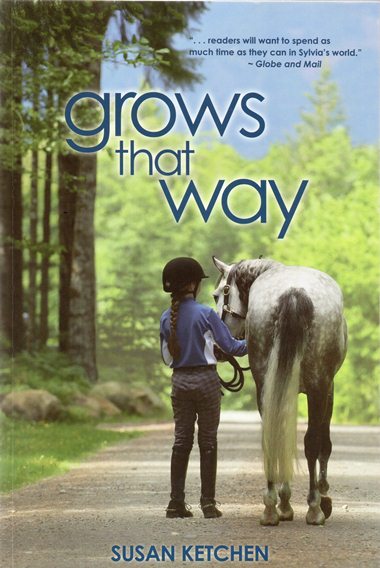It’s true, a person can write anywhere. On the bus, at a park bench or even in the bathtub. I believe each person writes best when they’re in a place that is perfect for them.
Some like the background buzz of a cappuccino bar while others thrive on the clatter of keyboard keys as they pound out story after story in a newspaper newsroom. Personally, I prefer the quiet ambiance of my home office. And, as the oldest room in our 96-year old house, the room definitely has ambiance.
To begin with, its ample size provides plenty of room for two desks, built-in and portable bookcases, a filing cabinet (there are more in the basement) and two tables to pile things on. (Despite the best of intentions, I’m a piler, not a filer.)
But it’s the transom windows that I love best. At 1.6 metres tall by one metre wide (or 5 feet, 3 inches and 3 feet, one inch for the metrically challenged) the natural light provides a welcome respite from the glow of the computer screen.
And to tell the truth, they also present ample opportunities for distraction. In the spring my eyes are drawn to a snowstorm of white plum blossoms, a miniature forest of daffodils and a two-storey tall mock orange. Fall storms bring a rust coloured carpet of plate-sized maple leaves.

But it’s the wildlife that lures me out of my computer chair. Over the years I’ve watched deer, raccoons, mink and squirrels, as well as feral cats and rabbits outside my writing room window.
Then there’s the cawing of crows and ravens and the high pitched screech of an eagle. Or the cacophony of sound an army of small birds made the day a Barred owl perched in a Douglas fir. I watched as a hummingbird darted forward to stab the enemy in the chest with a tiny beak. Despite his or her bravery, the owl didn’t budge.
The most surprising disturbance though, was the day my fingers paused on the keyboard as I wondered why I thought I heard a turkey gobbling. We do live in a rural area but there aren’t any domestic fowl in the neighbourhood.
But when I peered out the window there was a full grown tom, tail feathers fanned out in an impressive display, dancing around a flock of female turkeys on the lawn next door. I don’t know where these domestic birds escaped from or how they went wild, but they hung around for a month or so, until one by one, they all disappeared.
After 22 years of enjoying a great view and having a ringside seat to nature’s drama, I’m totally addicted. If we ever move, at the top of my criteria list for a new house will be a writing space with big windows and a view.



